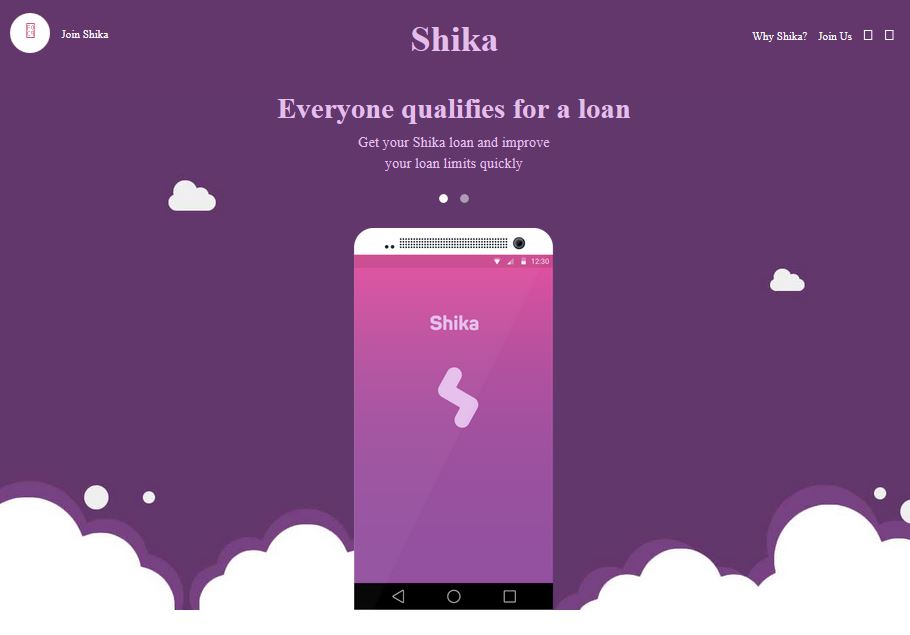
Safaricom has partnered with Google Kenya to launch Waze, a free GPS-based mobile app that offers motorists access to real-time traffic information, based on crowd-sourced data from other road users.
Waze was acquired by Google in 2013 and is currently being used by about 4.4 million motorists in 200 countries across the globe.
The app is collates information generated by other users on the same route, to gather information on accidents, impassable sections of the road route, traffic jams, which is then used to provide the end user with advice on potential alternative
Using voluntary feedback from subscribers on the Safaricom network, Waze provides the user with a view of a map that has been layered onto Google Maps and the Maps then provide real time updates on road conditions, and depending on the situation, the app can suggest alternative routes for users to take in order to get to their destination faster.
Today’s launch is as a result of a partnership between Safaricom and Google and comes on the back of an announcement that the telco is planning to extend its 4G network to 15 major towns around Kenya, and to increase its 3G coverage countrywide.
Safaricom claims to currently have about 11 Million mobile data subscribers on its network who access the internet.
“Partnering with like-minded organizations adds more value to our ambition to make people’s lives simpler. Traffic information on Waze, which is updated in real time, will save users the hassle of enormous amounts of time spent in traffic by offering alternative routes,” said Charles Murito, Country Manager, Google Kenya.
The idea behind Waze is to make it the ultimate driving companion that tracks your progress in traffic jams.
Using a traffic bar, the application calculates the amount of time spent in traffic and updates progress based on movement. The app also relies on data submitted by other motorists so it has a strong crowd-sourcing element.
Waze is available on Google’s Play Store and on iTunes.
Upon downloading and activating the program, customers will only be required to enter details of their destination to access traffic information. If enabled, the devices can passively contribute similar information for other road users by continuing to run as a background application.





